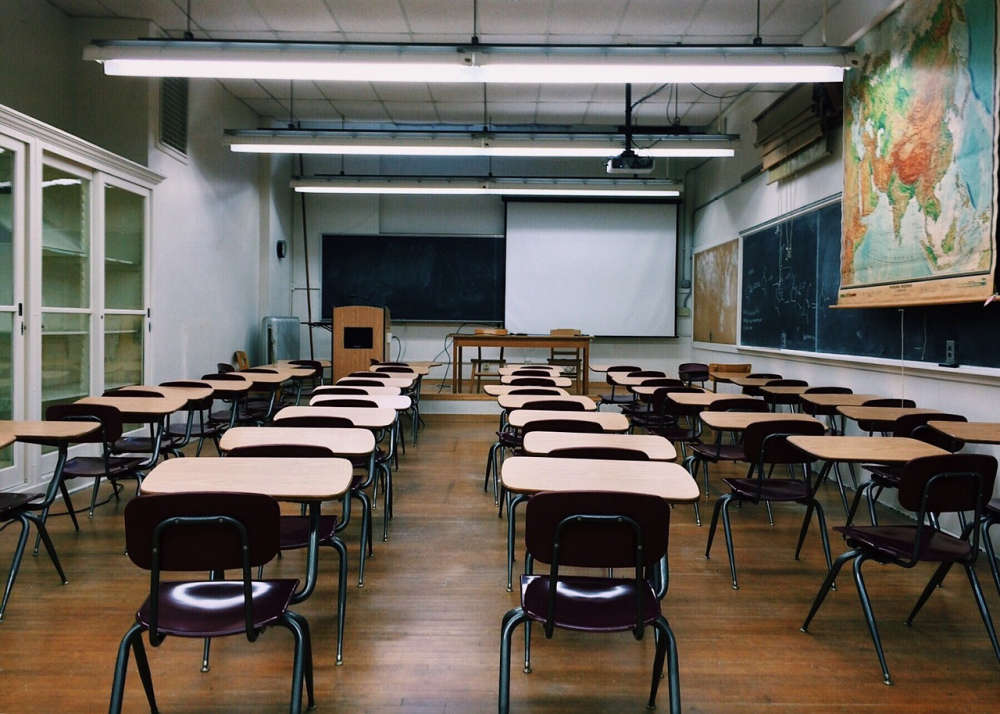
Council changes tack on message to parents
Regular school attendance is slowly improving in Plymouth but severe absence from secondary and special schools is still a “stubborn issue” in the city.
An analysis of school attendance figures presented to Plymouth City Council’s children, young people and families scrutiny committee revealed that there had been a 0.13 per increase in the rate of attendance in September 2024 compared to the year before.
Plymouth has 93.98 per cent of children attending school (0.7 per cent below the national average) but has ambitions to get to 96 per cent.
The number of children who are missing out on at least 50 per cent of their education and classified as severely absent, however, has risen by one per cent in Plymouth over the last three year and in the academic year 2023/24 that was 1,146 pupils or 3.2 per cent all school age children.
And the problem is more prevalent in secondary schools, with a similar number boys and girls affected.
More than 50 per cent of these children had been known to children’s social care in the past six years, a report to the committee said, and 35 per cent required special educational needs support. Some 2.3 per cent were from service families.
School leaders report that children’s mental health needs are having a significant impact on school attendance and research shows that single parents of children with special educational needs and disabilities are facing increased levels of stress and social isolation leading to withdrawal from engagement with schools.
Pupils who attend two or more primary schools appear more likely to be severely absent when they get to secondary school suggesting a link with pupil mobility.
Children who had long periods of absence from school were likely to become home educated.
Plymouth City Council recently reported that the number of home educated children had doubled in two years, with 888 during the last academic year. Councillors described the withdrawals from school as “concerning”.
The council says that many children had a positive experience of school and experience good outcomes but there were others that were not yet well enough supported and included to fulfil their full potential.
Over the last three academic years Plymouth’s overall rates of attendance have consistently sat below national and regional benchmarks.
The authority is driving forward its attendance strategy to get more children in school and thriving and aims to find out the reasons why children do not attend.
It’s ‘Bright Future’ plan recognises the importance of the partnership with schools to ensure that children are supported by a system which “works seamlessly to spot difficulties early, responds quickly and
effectively, and makes sure that help is there for as long as it is needed”.
Cllr Sally Cresswell (Lab, Stoke), cabinet member for education, skills and apprenticeships, said simply telling parents about the negative impacts of children not attending school had very little impact.
She said the council ran a campaign last year but it “did not land well” and so was adopting “a more gentle approach”.
She said it was less about messages of action and more about the benefits of friendship and new experiences and a sense of belonging.
“Belonging is really important, it is absolutely key to raising attendance,” she said.
Cllr Zoe Reilly (Lab, Honicknowle) said children who were severely absent from school were often vulnerable or living in deprivation and this was “a running theme”.
“These are children who are very much needing the social setting of a school, or the warmth that is in schools or the food.”
There were 762 children who were on part-time timetables in Plymouth schools last year, increasing by 147 from 2021/22.
Part-time timetables are introduced for children because of special education needs, behavioural, reintegration or medical reasons.
 Exmoor Coaster service coming back under different name
Exmoor Coaster service coming back under different name
 Storm overflow prevention work set for Plymouth
Storm overflow prevention work set for Plymouth
 Help needed to find Exminster pensioner
Help needed to find Exminster pensioner
 City lose at home again
City lose at home again
 Calls for inclusion on Plymouth lord mayor role
Calls for inclusion on Plymouth lord mayor role
 Upgrades to Plymouth storm overflows to take place
Upgrades to Plymouth storm overflows to take place
